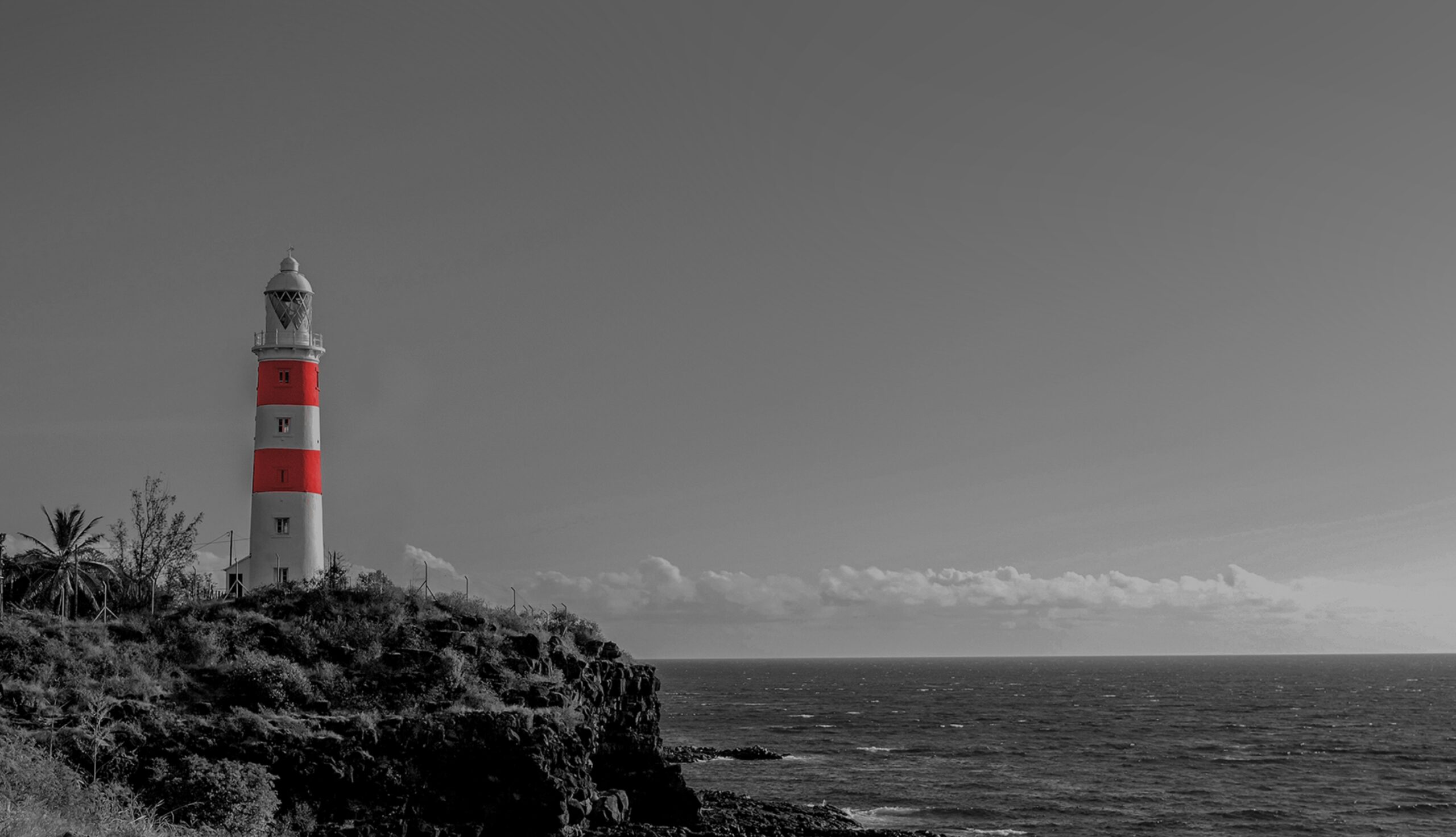“Pour ce qui est de l’avenir,
il ne s’agit pas de la prévoir,
mais de le rendre possible.”
il ne s’agit pas de la prévoir,
mais de le rendre possible.”
“As for the future, your task is not to predict it, but to make it possible.”
Antoine de Saint-Exupéry
WHY MAURITIUS
Globally recognised as a safe, stable and easy environment to conduct business
Mauritius has been a financial centre since the 17th century, when the island was used as a regional payments and settlements hub by traders from the West, the Middle East, India and China.
• Stable economy and an independent political environment.
• Long history of being an international finance centre.
• Finance infrastructure to support client requirements.
• Established and recognised legal system.
• Robust regulatory regime with ensures good governance.
• Well located between Africa and Asia.
• No exchange controls.
• Network of tax agreements.
1838
First commercial bank in the Southern Hemisphere established in Mauritius.
1971
First Investment Promotion & Protection Agreement (IPPA) signed with Germany.
1978
First Double Taxation Agreements (DTA) signed with Germany, then France.
1989
The Stock Exchange of Mauritius is licensed and starts operation.
1992
Introduction of the Mauritius Offshore Business Activities (MOBA) Act.
1994
Government abolishes foreign exchange control in order to enable free repatriation of capital.
2001
MOBA Act repealed and replaced by Financial Services Development Act, under which GBCs are introduced. FSC is established.
2007
Introduction of the Financial Services Act.
2013
Regulatory framework is re-engineered for global funds and private equity.
“With the creation of the new Ministry of Financial Services, Good Governance and Institutional Reforms, the Government has embarked, since 2015, on a strategy of further graduating Mauritius as a full-fledged international financial centre – this includes further enhancing substance in the jurisdiction, as well as developing new segments of activities such as wealth and asset management, international legal services, investment banking, commodities and derivatives platform, headquartering and treasury management.”

